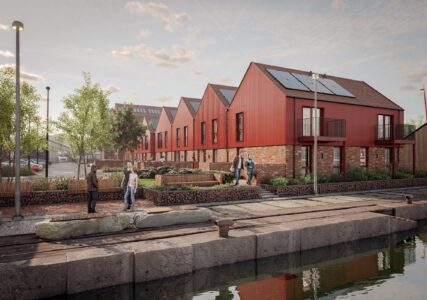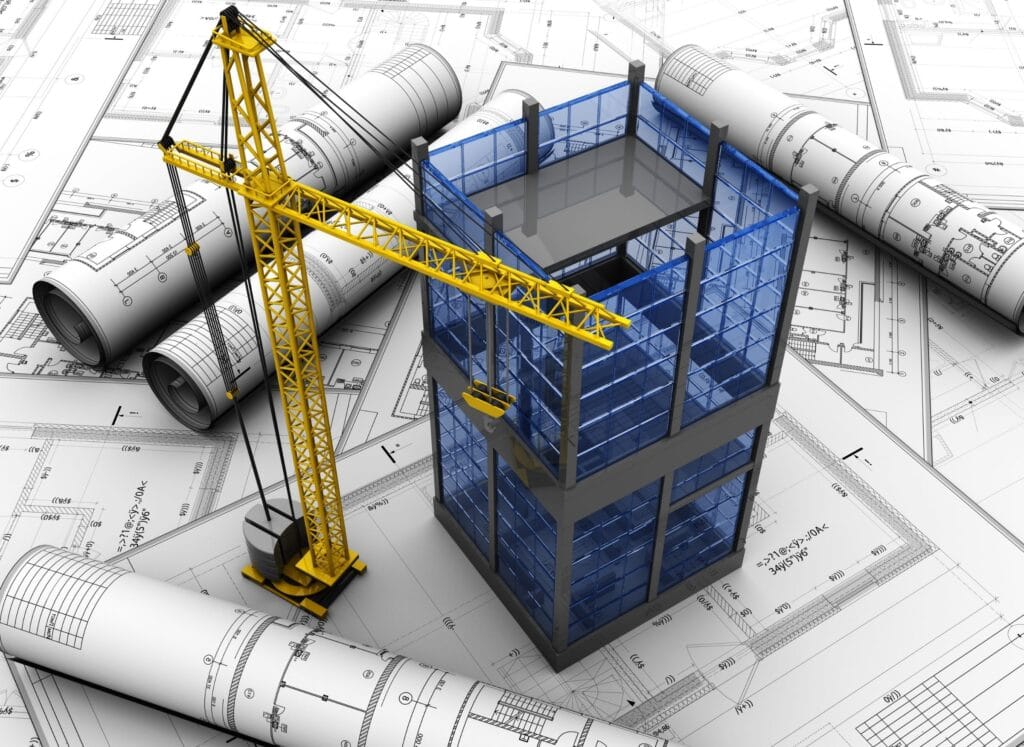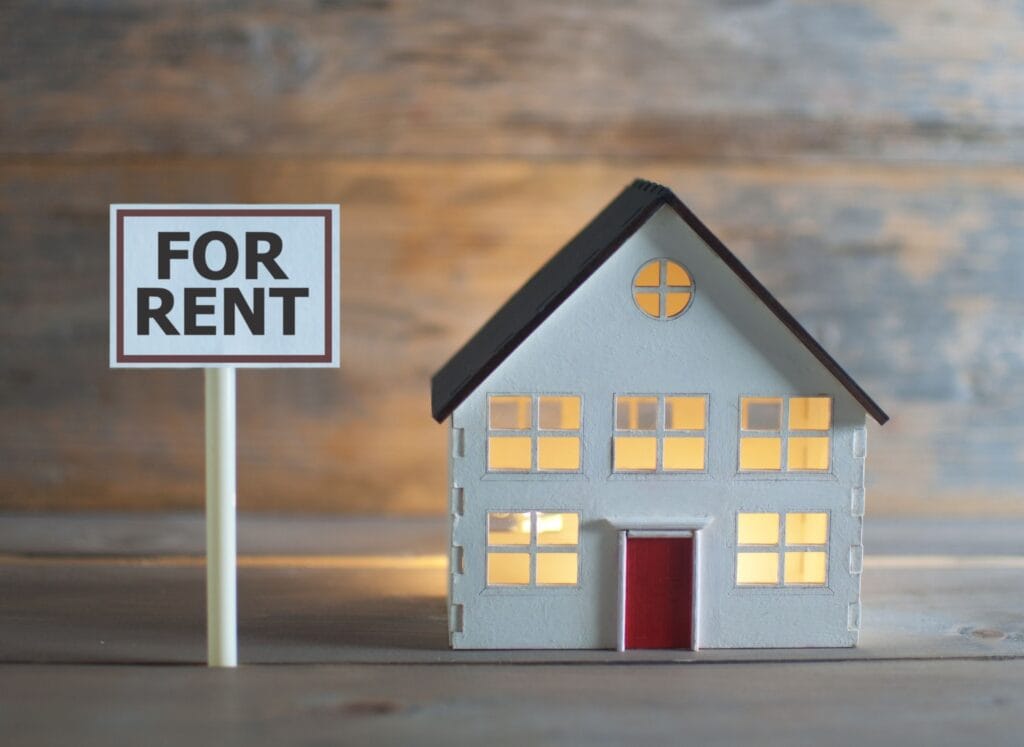The buy-to-let market is evolving rapidly, with landlords facing increasing competition and shifting tenant expectations. In today’s rental landscape, tenants are looking for more than just a place to live—they want convenience, efficiency, and security. Smart technology is playing a crucial role in meeting these demands, making properties more attractive while streamlining management for landlords.
From automated security systems to energy-efficient smart devices, integrating technology into rental properties can enhance tenant satisfaction, reduce operational costs, and improve long-term investment returns. This blog explores how smart technology is transforming buy-to-let properties and why automation is becoming a key factor in attracting tenants.
The Growing Demand for Smart Homes in the Rental Market
Why Tenants Prefer Smart Homes
Modern tenants, particularly young professionals and families, are increasingly drawn to properties equipped with smart technology. According to recent surveys, over 70% of renters in the UK prefer homes with smart features, citing convenience, security, and energy efficiency as top priorities.
Competitive Advantage for Landlords
With rental demand remaining strong, landlords must differentiate their properties to attract high-quality tenants. Smart homes offer a competitive edge, allowing landlords to command higher rents and reduce vacancy periods.
Key Smart Technologies That Appeal to Tenants
Smart Security Systems
Security is a top concern for tenants, and smart technology provides enhanced protection. Features such as smart locks, video doorbells, and AI-powered surveillance cameras allow tenants to monitor their homes remotely.
Popular smart security solutions include:
- Ring Video Doorbells for real-time monitoring.
- Yale Smart Locks for keyless entry.
- CCTV systems with remote access.
Energy-Efficient Smart Devices
With rising energy costs, tenants are looking for ways to reduce their utility bills. Smart thermostats, such as Nest and Hive, allow tenants to optimise heating schedules, reducing energy consumption.
Other energy-saving technologies include:
- Smart meters for accurate billing.
- Automated lighting systems to minimise electricity waste.
- Solar-powered smart appliances for sustainable living.
Automated Home Assistants
Voice-controlled assistants like Amazon Alexa and Google Nest enhance convenience, allowing tenants to control lighting, heating, and entertainment systems with simple voice commands.
Smart Appliances and IoT Integration
Smart refrigerators, washing machines, and ovens improve efficiency and convenience. IoT-enabled devices allow tenants to monitor and control appliances remotely, making daily tasks easier.
How Smart Technology Benefits Landlords
Higher Rental Yields
Properties equipped with smart technology can command higher rental prices, as tenants are willing to pay a premium for convenience and security.
Reduced Maintenance Costs
Automated systems help landlords detect issues early, preventing costly repairs. Smart leak detectors, for example, alert landlords to plumbing issues before they escalate.
Improved Tenant Retention
Satisfied tenants are more likely to renew leases, reducing turnover rates and vacancy periods.
Future Trends in Smart Rental Properties
AI-Driven Property Management
Artificial intelligence is revolutionising property management, with AI-powered platforms handling tenant screening, rent collection, and maintenance requests.
Blockchain for Secure Transactions
Blockchain technology is set to improve rental agreements, offering tamper-proof contracts and secure payment processing.
IoT-Enabled Smart Buildings
The future of rental properties lies in fully automated smart buildings, where interconnected devices optimise energy use, security, and maintenance.
Smart technology is reshaping the buy-to-let sector, offering landlords innovative solutions to attract tenants and improve profitability. By integrating security systems, energy-efficient devices, and AI-driven automation, landlords can create desirable rental properties that stand out in a competitive market.









